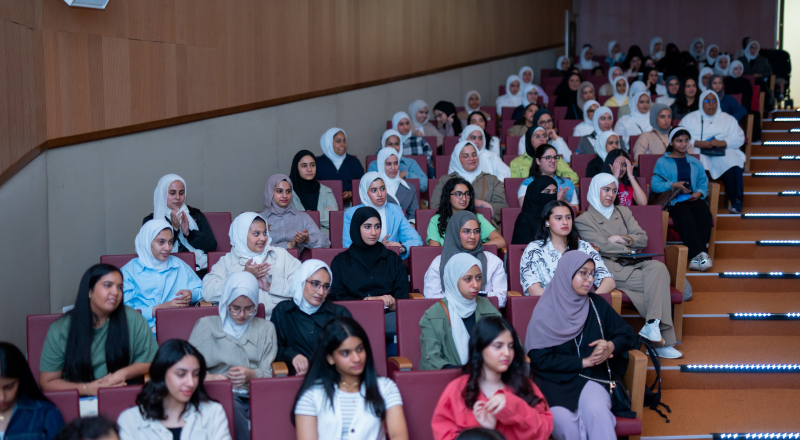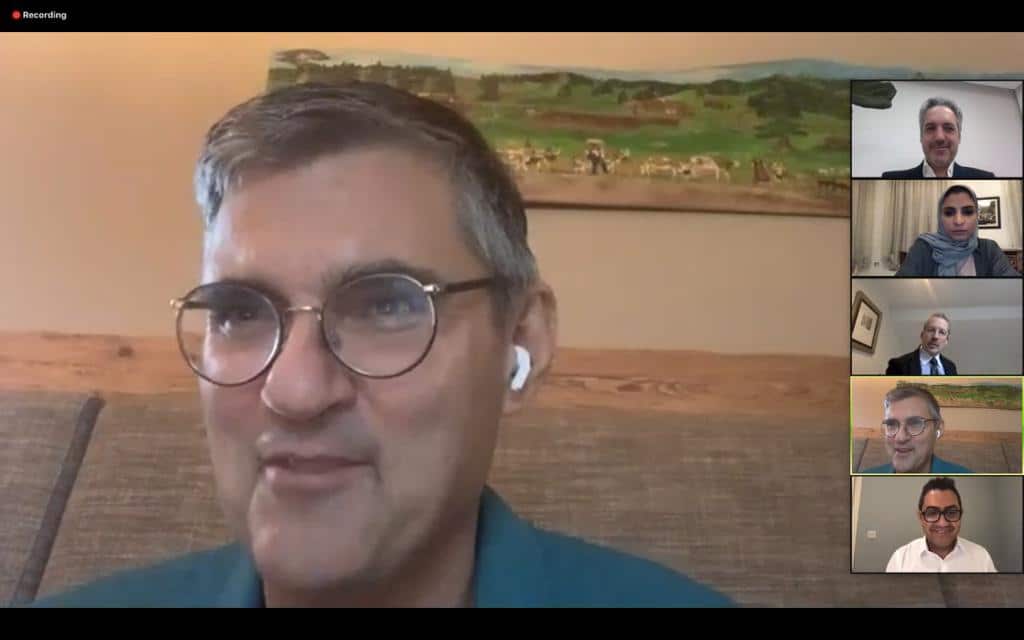

Kuwait-based Agility Logistics Parks customers can log-on to view contracts and make payments.
UK MOD personnel can log-in to the GRMS portal to schedule household relocation shipments.
Kuwait-based Agility Logistics Parks customers can log-on to view contracts and make payments.
UK MOD personnel can log-in to the GRMS portal to schedule household relocation shipments.

Kuwait City, Kuwait, November 18th, 2020 – UNHCR, The UN Refugee Agency, held yesterday a strategic dialogue titled “The Private Sector and its Humanitarian Role During the Pandemic” to discuss best practices, success stories, and shaping policies and processes to support vulnerable refugees and internally displaced populations worldwide.
The strategic dialogue is part of a series of in-depth and collaborative dialogues organized by UNHCR to highlight the role of the private sector in supporting refugees and internally displaced people (IDP) across the globe. The first virtual event of the series was held on November 17th and brought together high-level decision makers from the UN refugee agency and international private sector companies including Tarek Abdulaziz Sultan Al Essa, Vice Chairman & CEO of Agility from Kuwait, H.R.H. Prince Jaime de Bourbon de Parme, Senior Advisor to UNHCR from Switzerland; Iman Al Barwani Director & Vice Chairperson of MB Holdings and Foundation from Oman; and Jim Estill, Chairman of DDE Media from Canada. At the heart of these discussions participants shared experiences and shaping actions to generate long-term solutions and impact in support of refugees.
“Private sector engagement and cross-sector partnerships are more important than ever when it comes to the support of vulnerable refugees, especially with the current pandemic and its economic repercussions, which has disproportionately affected those living on the margins of society and in low to mid income countries, where 85% of refugees globally live ” explained Dr. Samer Haddadin, Head of UNHCR Kuwait Office. “Therefore, we are delighted to be providing this platform in Kuwait, which will enable us to find long-term solutions to support forcibly displaced worldwide as well as to foster their economic inclusion,” he added.
Improving the livelihoods of refugees and displaced persons through economic inclusion is a key component of UNHCR’s operations as part of the efforts to provide protection and solution outcomes for vulnerable populations.
“Our ability to protect refugees and vulnerable populations depends on the strength of partnerships between UNHCR and the private sector. UNHCR does the extremely difficult, on-the-ground work to provide refugees with vital assistance and equip them with the necessities to protect themselves and cover their basic needs” stated, Mr. Tarek Sultan. Adding that “UNHCR knows what vulnerable populations need, and where obstacles lie, but without the commitment and expertise of private-sector partners, many of those needs would go unmet. So our challenge for the future is to figure out how to work together to be even more effective.”
Key topics from the discussion focused on the empowerment of refugees. This includes innovative solutions on responding effectively to the refugee crisis amid the COVID-19 pandemic, and how private partnerships can take the lead in designing equitable and sustainable responses that position empowered refugees at the center of their design. Other topic focuses included the ways in which long-term and financially sustainable solutions can alleviate the effects of forced displacement, the private sector’s role in providing a safety net around humanitarian issues, and how to raise the interest of other business leaders when it comes to the support of refugees.
“As companies, CSR is more than simply donating money in a hope that the challenges facing society will magically disappear. Corporate Social Responsibility is really an investment in the good of society, and we should treat it as such, with proper planning and coordinated effort with governments and NGOs to create sustainable positive impact,” explained Mrs. Al Barwani.
Currently, displaced populations come primarily from five countries including Syria, Venezuela, Afghanistan, South Sudan, and Myanmar. Through strategic dialogues as well as other activities, campaigns, and partnerships, UNHCR is working towards building a better future for refugees, forcibly displaced communities and stateless people across the globe.
Raefah Makki
Head of Campaign and Advocacy Team, UNHCR
[email protected]
UNHCR, the UN Refugee Agency, leads international action to protect people forced to flee their homes because of conflict and persecution. We deliver life-saving assistance that includes shelter, food and water, as well as help safeguard fundamental human rights. We also develop solutions that ensure people have a safe place to call home where they can build a better future and work to ensure that stateless people are granted a nationality.